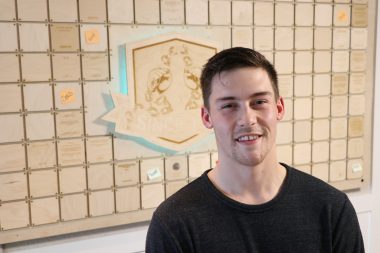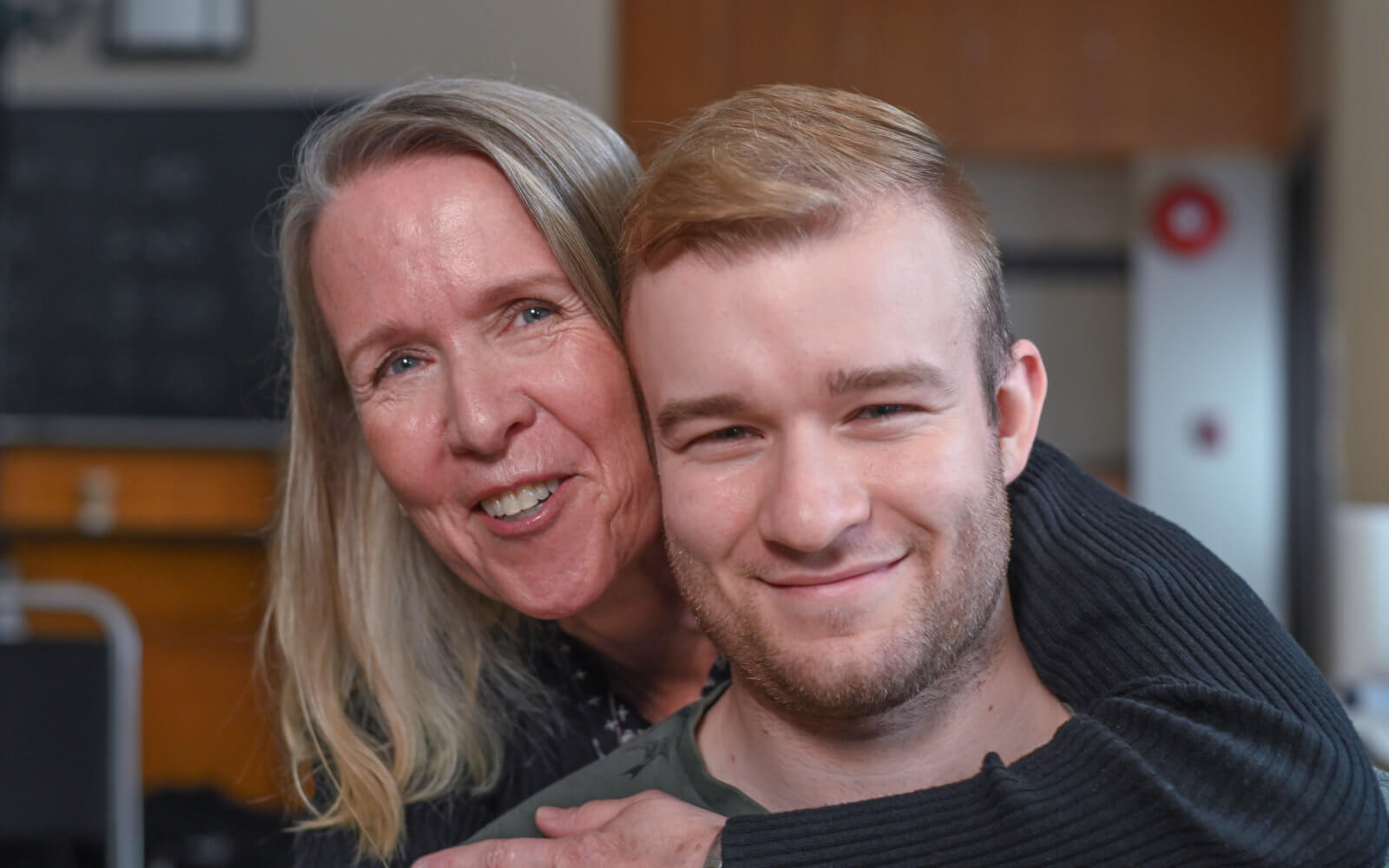Addiction harms the entire family, and recovery can heal the damage. Our free consultation can assist you in helping your loved one make the decision to start treatment, call today, recovery begins with a telephone screening.
We can help your family overcome addiction
To support your family, Last Door’s Primary Care Treatment Program includes addiction treatment services for families.
These services are included in your treatment package.
- 4 Day Family Enhancement Retreats
- Parents Group
- Partners Group
- Family Suites for visits
- Friends and Family Group
- Case Management with family
Our free consultation line is open 7 days a week from 7 am to 11 pm. Our team is ready to help your loved one move from pre-contemplative notions about residential treatment to determination and beginning Last Door’s addiction treatment program.
For contemplative clients, or people that just don’t know if “treatment is necessary” we offer a program tour and full day visit. Your loved one can see what our program is about, meet the staff and clients before deciding if this is the right addiction treatment option for you. Last Door is a Social Model program and it relies on the support of peers, community, and families to succeed.
For people who are completely refusing to accept an offer of help, Last Door can refer you to certified Recovery Coaches and Interventionists that can help your family start their journey towards reduced harm and addiction recovery.
Last Door’s treatment programs are for youth 14 to 18 years of age, and adult males, ages 19 and over.

Are you the parent of someone with an addiction?
Parents of addicts often experience immense difficulty as addiction affects the whole family system, sometimes for generations. They may have a hard time understanding their child‘s behavior and may feel helpless in terms of knowing how to support them in their recovery. Parents may also feel a sense of guilt, believing that they have failed as parents in some way. They may also experience a range of emotions such as sadness, anger, and shame. These negative emotions can lead to conflict within the family and can even cause the family to break apart. It is important for parents of addicts to seek help for themselves in order to cope with the situation and to gain the support and resources needed to address the addiction.
At Last Door we believe that recovery is best accomplished from a family systems perspective.
Betty’s Story
Partner of someone with addiction?
Partners and spouses often describe surviving or living through hell while their loved one is actively using substances, gambling or actively engulfed in other addictions. Surviving or living through a loved one‘s active addiction can be a difficult, isolating and heartbreaking experience. It can involve feelings of powerlessness, guilt, shame, sadness, exhaustion and loneliness. Partners and spouses can feel as though their life is no longer their own, as they become consumed with managing the addiction and their loved one‘s behavior. Sometimes, they may be subjected to verbal, physical and/or emotional abuse.
It can be difficult to talk about and to seek help, as they may feel ashamed of their situation, or may feel that they are to blame for their partner‘s addiction. If you are a partner or spouse of someone with an addiction, it is important to remember that you are not responsible for their behavior, and that you have the right to seek help and support and addiction treatment for family.
It is important to know that there are resources available to you. It is also important to reach out to family and friends for support, and to seek professional help if needed.
In addition to one to one, family and couple’s counselling, we codeveloped a partner’s group with partners of clients. Our weekly Partners Group provides a safe, supportive space for partners to explore their own thoughts, feelings and recovery process.
Sue’s Story of Addiction Treatment
Are you the child of someone with an addiction?
As a person’s addiction to drugs and alcohol increases, their life and functioning inevitably deteriorates, so does the quality of life for those who love him. As a person’s addiction to drugs and alcohol increases, their life and functioning inevitably deteriorates, so does the quality of life for those who love him. Addiction can cause a person to become so focused on their substance use that they lose interest in activities and relationships that previously brought them joy. This can lead to feelings of isolation, frustration, and despair among family members and friends.
Additionally, addiction often causes financial problems, which can lead to further stress and strain on familial relationships. Quality of life issues affected include physical health, financial standing, emotional abuse or neglect, and social pressure. If you are a child of someone that is living in addiction. Consider attending a support group in your community, and accessing outpatient counseling addiction treatment for family.
Brittany’s Story of Addiction Treatment
Codependency and Addiction
Codependency sometimes occurs when another individual is controlled by a person who is in addiction. This can occur in relationships where one partner has an addiction and the other partner takes on a caretaking role that enables the addiction to continue. In this situation, the partner may feel responsible for their partner‘s well–being, feel guilty for not being able to help, and rely on the addicted partner for emotional support and to define their self–worth. This type of codependency can lead to feelings of helplessness, guilt, and shame. It can also cause resentment and anger, as the codependent person feels trapped in the relationship and unable to escape. Last Door helps people overcome their codependency.
Keep Reading
For Individuals Seeking Help with Addiction Treatment
Take the First Step Towards Recovery Today. Asking for help is just a…
Seeking help for Employees
Employees RETURN TO WORK as productive members of the team. Last Door works…
Freedom from Opiate Use
Don't let Fentanyl destroy your life, the overdose crisis can be overcome with…
Testimonials
“It was important to do long term treatment because I got to establish social skills and other skills that related to, getting clean and being back in a community and getting job skills and using those things to intergrade back into a community.”


